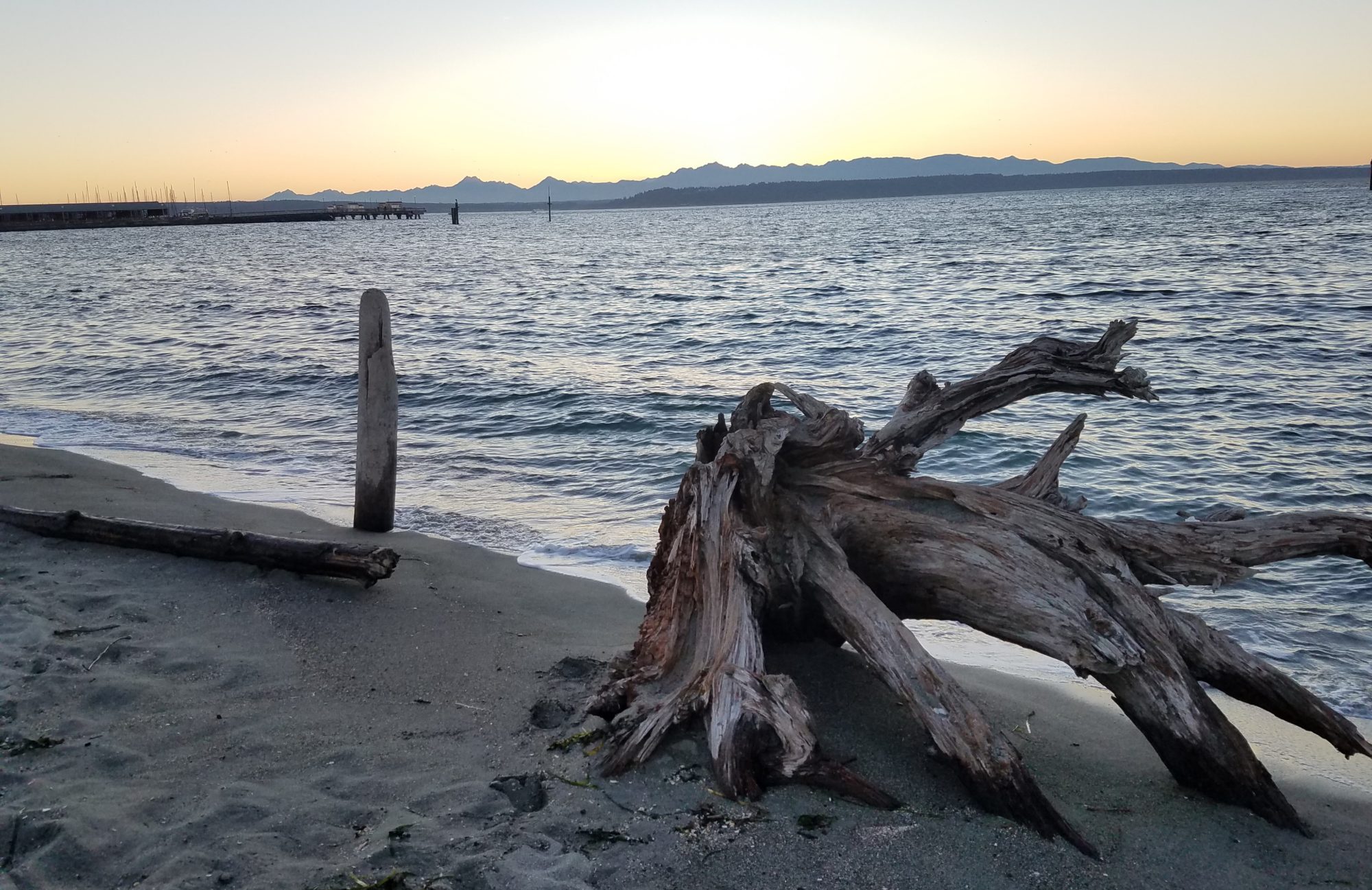October 24 – 6:45 PM
From our dear friends Kimya and Khalid Paul:
Dear Friends,
We are excited to facilitate another community meditation and discussion at the Mukilteo Library in the meeting room on Thursday, Oct. 24th from 6:45-7:45.
Meditation will be about 30 minutes with some introduction beforehand and a short discussion afterward. We are looking forward to being with you all. Feel free to invite friends.
Mukilteo Library- 4675 Harbour Pointe Blvd
In harmony,
Kim and Paul Kramer

The Seattle Peace Chorus is proud to present our up-coming concerts, People of the Drum, in honor of Native Americans and their contributions to our nation, community, and environment. We wish to express our solidarity with them and with their struggle for identity and cultural preservation.
Our concert program represents a collaboration with our Native American communities and features music composed by Frederick N. West, the director of the Seattle Peace Chorus.
Native American singers, drummers, storytellers, and tribal elders will be an integral part of our concert.
Native American tribes in the United States have struggled for years to uphold treaties that protect their rights to fishing, hunting, and preservation of their sacred grounds. This work will include poetic renderings of these and other legacies, including the Navajo prayer “Beauty before us, beauty behind us, we walk in beauty; it is finished in beauty.”
We present this concert at two Native American sites in Seattle with limited seating: Daybreak Star Indian Cultural Center, and the Duwamish Longhouse and Cultural Center.
Featured Artists
Frederick N. West, Director Seattle Peace Chorus and composer of the musical program
Sondra Segundo, Haida singer
Johnny Moses, Tulalip storyteller
Kevin Locke, Lakota hoop dancer, storyteller, and Native American flute expert (Duwamish Longhouse only)
Professional chamber orchestra
Edie Loyer Nelson, Duwamish tribal elder
Thank you for your contribution and your support. Our goals of promoting peace and justice and making connections with justice-minded people of our Seattle community, our country, and the world is enhanced by your support both in attendance at our concerts and financially.
Your ticket for Sunday or Saturday is good for only the given date and venue. Seating is limited, so get your tickets as soon as possible from a chorus member, or on Brown Paper Tickets (see below).
Sunday 17 November 2019, 3:00 pm
Daybreak Star Indian Cultural Center
5011 Bernie Whitebear Way, Seattle, WA 98199
http://brownpapertickets.com/ref/231313/event/4289976
or call 800.838.3006
Saturday 23 November 2019, 7:00 pm
Duwamish Longhouse and Cultural Center
4705 W Marginal Way SW, Seattle, WA 98106
Because of the limited number of seats available at these venues, ticket prices are $30 at the door; $25 in advance; $23 seniors, students, special needs.
https://www.brownpapertickets.com/event/4289991
or call 800.838.3006

